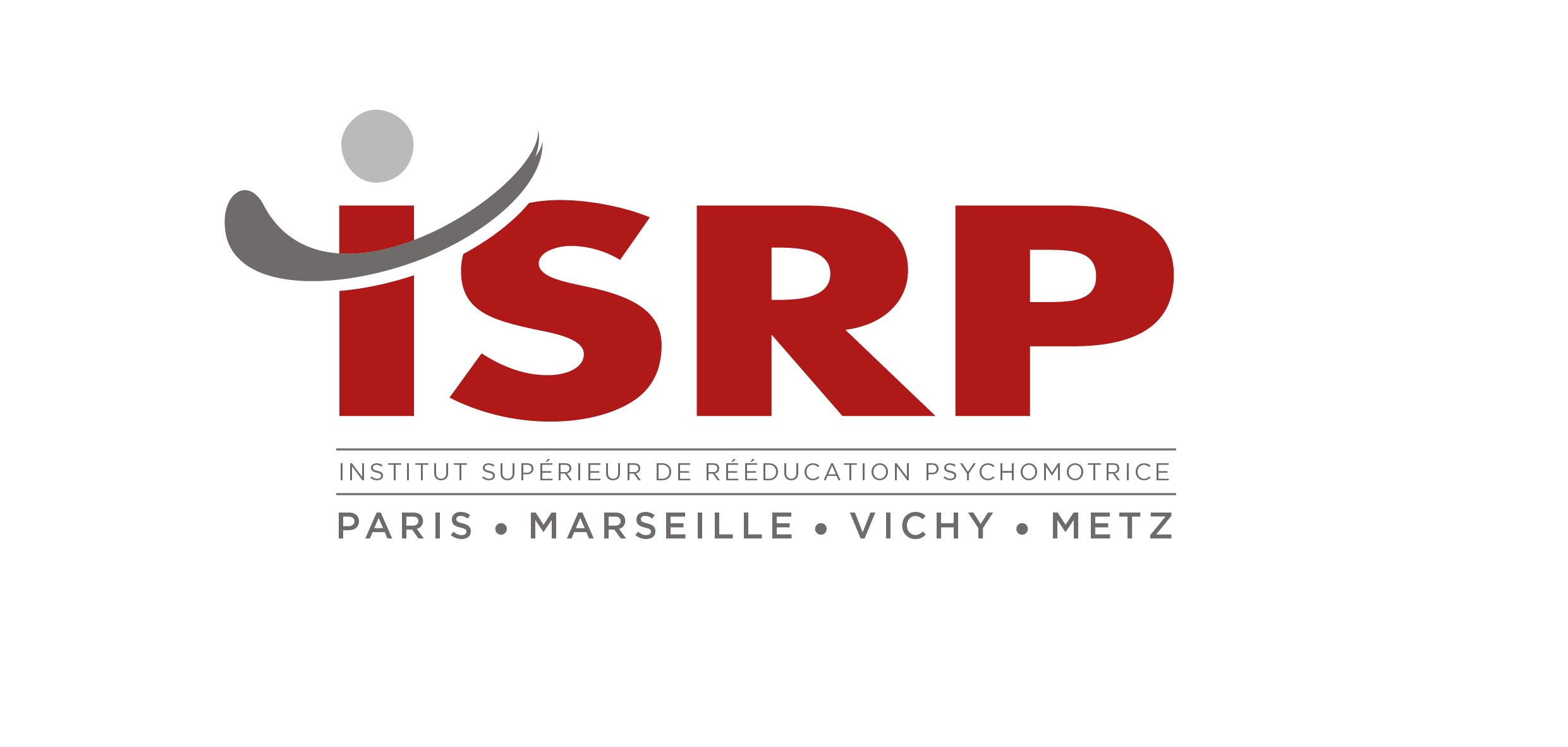Contenu de la formation
PROGRAMME DE LA 1ÈRE ANNÉE :
ENSEIGNEMENT THÉORIQUE
• Anatomie générale et neuro-anatomie
• Neurophysiologie
• Pathologie médicale et chirurgicale. Pharmacologie clinique
• Santé publique
• Psychiatrie
• Psychologie
• Psychomotricité théorique
• Pédagogie
• Informatique (facultatif)
• Anglais (facultatif)
ENSEIGNEMENT PRATIQUE
• Psychomotricité pratique (danse africaine, percussion, kinomichi, musicothérapie, taï-chi, relaxation, techniques de cirque, …)
STAGES
• Stages crèche et école maternelle : 2 semaines chacun.
PROGRAMME DE LA 2ÈME ANNÉE :
ENSEIGNEMENT THÉORIQUE
• Anatomie fonctionnelle – Physiologie et physiopathologie
• Pédiatrie
• Psychologie
• Psychiatrie de l’enfant et de l’adolescent
• Psychomotricité théorique
• Module théorico-clinique : étude de cas (dossier et vidéo), groupe de supervision
ENSEIGNEMENT PRATIQUE
• Module pratique de psychomotricité
• Formation technique en relaxation, rythme, expression dramatique, expression graphique et graphomotricité.
STAGES
• Dans un ou plusieurs établissements de soins sur l’année (CMPP, IME, IMP, …) et hôpital psychiatrique (2 semaines)
PROGRAMME DE LA 3ÈME ANNÉE :
ENSEIGNEMENT THÉORIQUE
• Anatomie fonctionnelle
• Législation
• Psychiatrie adulte
• Psychologie
• Psychomotricité théorique
• Module de psychomotricité théorico-clinique
ENSEIGNEMENT PRATIQUE
• Module de psychomotricité pratique
STAGES
• Un ou plusieurs stages d’initiation et d’apprentissage thérapeutique (institution, libéral)


















